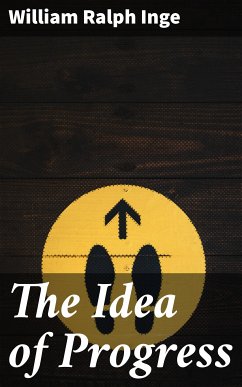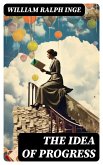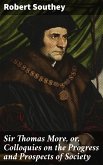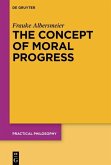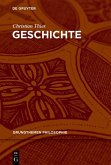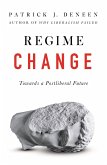In "The Idea of Progress," William Ralph Inge presents a nuanced exploration of humanity's evolving concepts of progress, particularly in the context of the late 19th and early 20th centuries. Inge employs a critical yet reflective literary style, merging philosophical inquiry with historical analysis to investigate the intellectual underpinnings that have shaped societal beliefs about advancement. He situates his thesis within the broader discourse of existentialism and modernism, probing themes such as morality, religion, and the socio-political dimensions of progress while questioning whether mankind's trajectory is indeed a linear march toward betterment or a cyclical return to fundamental truths. William Ralph Inge, an eminent theologian and philosopher, was deeply influenced by the tumultuous sociopolitical landscape of his time, which included rapid industrialization and World War I. His background in philosophy, complemented by his role as a cleric, allowed him to synthesize secular and spiritual perspectives, positioning him uniquely to interrogate the emergent paradigms of his day. Inge'Äôs scholarly pursuits reflect a profound engagement with both classical and contemporary thinkers, informing his criticism of blind optimism in progress. For readers intrigued by philosophical discourse that challenges conventional narratives of progress, Inge's work serves as an essential text. Its relevance resonates today, questioning whether the strides of civilization indeed lead to genuine betterment or merely perpetuate cycles of disillusionment. This thought-provoking treatise is recommended for scholars, students, and all those seeking a deeper comprehension of progress in human thought.
Dieser Download kann aus rechtlichen Gründen nur mit Rechnungsadresse in A, B, BG, CY, CZ, D, DK, EW, E, FIN, F, GR, H, IRL, I, LT, L, LR, M, NL, PL, P, R, S, SLO, SK ausgeliefert werden.

